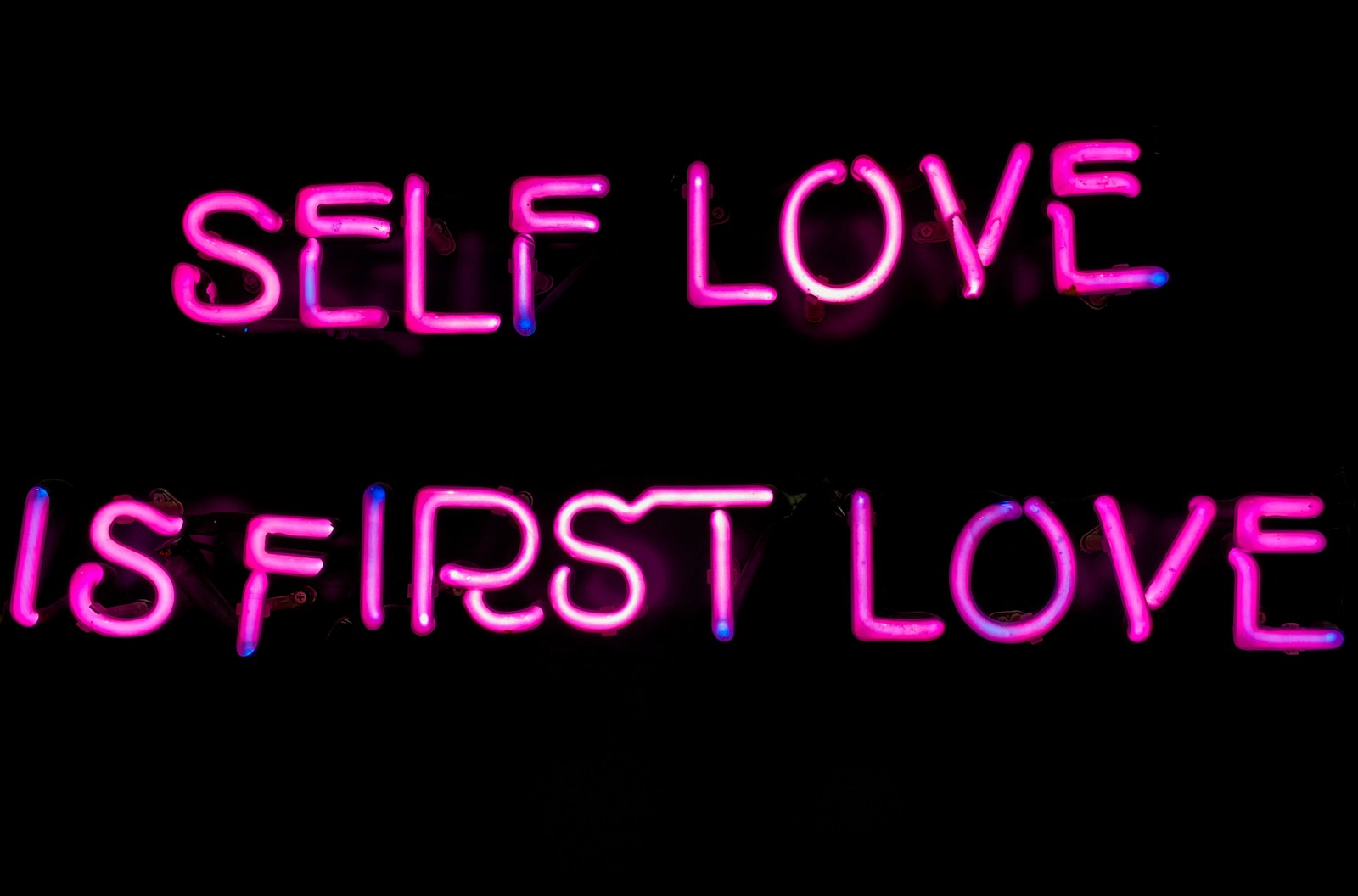This Post Contains Affiliate Links. Please Read Our Disclosure for Full Information.
Communication forms the backbone of every meaningful relationship, whether with a partner, friend, family member, or colleague. But what makes communication truly healthy? It’s more than just talking—it’s about listening, understanding, and creating a safe space for authentic exchange. Let’s dive into the art and science of fostering healthy communication and uncover actionable ways to strengthen your relationships.
Understanding the Importance of Healthy Communication in Relationships
Healthy communication isn’t just about words; it’s about connection. By fostering open dialogue, you create an environment where trust, respect, and empathy thrive. Misunderstandings are reduced, conflicts are resolved more effectively, and relationships grow stronger over time.
Whether you’re resolving a disagreement or sharing a quiet moment of gratitude, communication builds the bridge between hearts and minds.
Barriers to Healthy Communication
Before diving into how to improve communication, it’s crucial to identify what gets in the way. Common barriers include:
- Assumptions and Misinterpretations: Assuming what someone means can lead to misunderstandings.
- Lack of Active Listening: Hearing isn’t the same as truly listening.
- Emotional Reactivity: Letting emotions take over can derail productive discussions.
- Cultural or Personal Differences: These can shape the way individuals express themselves.
Recognizing these barriers is the first step toward dismantling them.
Key Principles of Healthy Communication
To foster healthy communication, you must focus on these core principles:
1. Active Listening
Active listening involves fully engaging with what the other person is saying without planning your response while they’re still talking. Make eye contact, nod, and offer verbal affirmations like “I understand.”
2. Empathy and Validation
Seek to understand the other person’s perspective and validate their feelings. Phrases like “That must be really tough for you” go a long way in making someone feel heard.
3. Clarity and Honesty
Be direct yet respectful. Avoid vague language or beating around the bush; instead, express your thoughts clearly while staying open to feedback.
4. Non-Verbal Communication
Your tone of voice, facial expressions, and body language speak volumes. Ensure they align with your words to avoid mixed signals.
Practical Tips for Strengthening Communication
Here are actionable strategies to bring these principles to life in your relationships:
1. Schedule Time for Meaningful Conversations
Busy lives can lead to rushed or surface-level exchanges. Set aside dedicated time to talk without distractions.
2. Use “I” Statements
Instead of blaming or accusing, use statements like “I feel hurt when…” to express how a situation affects you.
3. Stay Present
Put down your phone or step away from distractions. Show the other person they are your priority.
4. Practice Gratitude
Express appreciation for the little things. Saying “Thank you for listening” can deepen emotional bonds.
Products That Can Help Foster Better Communication
1. “The Five Love Languages” by Gary Chapman (Amazon Affiliate Link)
This insightful book helps couples understand how to express love in ways that resonate, strengthening the foundation for communication.
2. “Nonviolent Communication: A Language of Life” by Marshall B. Rosenberg (Amazon Affiliate Link)
Learn the art of expressing yourself honestly while fostering deeper empathy and understanding.
3. Mindful Journals for Couples (Amazon Affiliate Link)
A guided journal to help partners communicate thoughts and feelings effectively through prompts and shared reflections.
The Role of Emotional Intelligence in Communication
Emotional intelligence (EQ) is the ability to recognize, understand, and manage your emotions while also empathizing with others. Cultivating EQ can dramatically improve communication by enhancing your ability to navigate sensitive topics and respond thoughtfully during conflicts.
How to Handle Conflicts Gracefully
Conflicts are inevitable in any relationship, but they don’t have to be destructive. Here’s how to handle them:
- Pause Before Reacting: Take a deep breath to calm down and avoid saying something you’ll regret.
- Focus on the Issue, Not the Person: Avoid personal attacks and stick to the topic at hand.
- Seek Solutions Together: Frame the conflict as a shared challenge rather than a competition.
Why Communication Styles Matter
Everyone communicates differently. Some people are more expressive, while others are reserved. Learning to adapt to someone’s communication style can bridge gaps and enhance understanding.
For example, if your partner prefers direct communication, try to be concise. If they value emotional connection, spend time discussing feelings before diving into solutions.
The Impact of Technology on Communication
While technology enables instant connectivity, it can also create communication challenges. Misinterpretations are common in texts or emails due to the lack of non-verbal cues. To maintain clarity:
- Use emojis to convey tone when appropriate.
- Pick up the phone or meet face-to-face for important conversations.
The Bottom Line on Healthy Communication
The secret to healthy communication lies in intention and effort. It’s about showing up, being present, and consistently practicing empathy, honesty, and kindness. Every relationship can benefit from improved communication, transforming small moments into meaningful connections.
Make time for conversations that matter, invest in tools that nurture understanding, and watch your relationships flourish.
Discover more from Serenity Talks
Subscribe to get the latest posts sent to your email.







